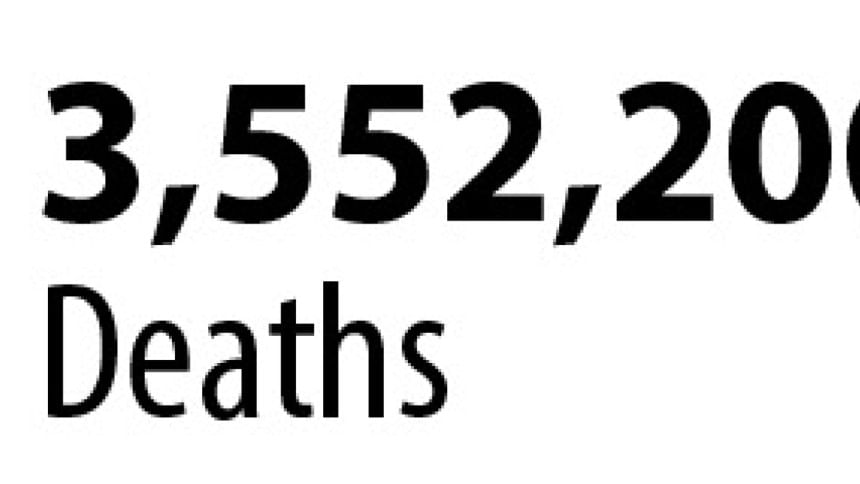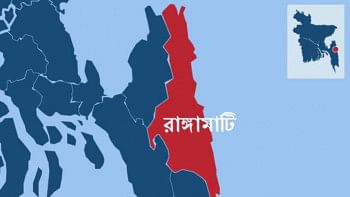India records 50pc drop in daily cases

The meteoric rise of Covid-19 cases during the second wave that overwhelmed the health infrastructure in India is now being matched by an equally steep decline in infections.
In just three weeks, the seven-day average of daily cases has fallen to half the number recorded at the peak of infection on May 8.
India yesterday reported its lowest daily rise in new infections in 46 days at 165,553 cases during the previous 24 hours, while deaths rose by 3,460.
The average fell below 2 lakh on Saturday and stood at 1,95,183 almost exactly 50% of the peak of 3,91,263, as per TOI's Covid database collated daily from state government figures.
The 50% reduction in average daily cases in the second wave has come in half the time as compared with the first wave of the pandemic in the country.
The South Asian nation's tally of infections now stands at 27.9 million, with the death toll has reached 325,972, health ministry data showed.
India will have nearly 120 million doses of Covid-19 vaccines available for domestic use in June, the government said yesterday. This marks a significant jump from the 79.4 million doses that were available in May.
Several states have reported an acute shortage of vaccines, forcing many regions, including the capital New Delhi, to again prioritise those aged above 45.
Lockdown measures in Delhi have been extended by another week and now will be in force till June 7, the Delhi Disaster Management Authority (DDMA) announced.
Delhi first went under lockdown to contain the spread of the disease on April 19, which has been extended a few times since then.
DDMA cautioned citizens to abide by Covid-appropriate norms, adding that though the positivity rate is on the decline, the situation still remains "precarious".
The companies that resume business will need to strictly follow coronavirus precautions and stagger shifts. Workers will be randomly tested for Covid-19 by the authorities.
Chief Minister Arvind Kejriwal said that about 900 cases in a day have emerged after a long time and "I hope that as and when the cases decrease in the upcoming weeks, we will continue to unlock further. We want the economic activities to come back on track so that the economy can be revived".
Meanwhile, Serum Institute of India (SII) has said it will be able to manufacture and supply 90 to 100 million doses of Covid-19 vaccine Covishield next month, a senior company official was quoted as saying in a letter to the Indian government.
"We are pleased to inform that in the month of June we will be able to manufacture and supply nine to 10 crore doses of our Covishield vaccine to the country as compared to our production capacity of 6.5 crore doses in May," Prakash Kumar Singh, Director of government and regulatory affairs at SII, said.
ITALY EXTENDS ENTRY BAN
Italy yesterday extended an entry ban for people coming from India, Bangladesh and Sri Lanka, as a continued precaution against the more transmissible Indian variant of coronavirus.
The ban, which does not apply to Italian citizens, was introduced in late April and was due to expire yesterday. It was prolonged until June 21, a spokesman for Italian Health Minister Roberto Speranza said in a statement.
The B.1.617 variant of the coronavirus was first detected in India last year and has been blamed for much of a devastating Covid-19 wave that has battered South Asian nations in recent weeks.
This week, the World Health Organization (WHO) said the variant has officially spread to 53 territories, and has been linked to seven other territories by unofficial sources, taking the total to 60.
In an interview with AFP, WHO regional director for Europe Hans Kluge said the increased contagiousness of the new variants of the coronavirus, including the Indian one, was one of his main worries.
"We know for example that the B.1617 (Indian variant) is more transmissible than the B.117 (British variant), which already was more transmissible than the previous strain," the Belgian doctor said.
He warned that the pandemic won't end until at least 70 percent of people are vaccinated, and criticized Europe's vaccine rollout as "too slow".
Kluge also underscored that speed is "of essence" during the pandemic.
"Our best friend is speed, time is working against us, (and) the vaccination roll-out still goes too slow," he said.
"We need to accelerate, we need to enlarge the number of vaccines," and European countries needed to show more solidarity.
"It is not acceptable that some countries start to vaccinate the younger, healthy part of the population, while other countries in our region still did not cover all the health care workers and the most vulnerable people," Kluge said.


 For all latest news, follow The Daily Star's Google News channel.
For all latest news, follow The Daily Star's Google News channel. 



Comments